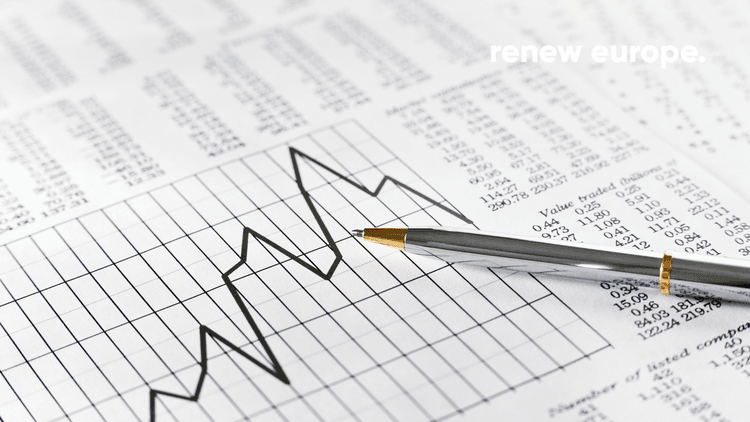European Semester 2023: Crisis context calls for focus on public spending and revised fiscal rules
Auteur : Vincent Stuer
Date :

Set up in the aftermath of the financial crisis, the European Semester has become an invaluable tool to coordinate countries’ budgetary, economic and social policies. In today’s debate on the 2023 cycle, the Renew Europe group pleaded for further reform of the Semester to make the process more transparent and democratic, strengthening the focus on current social and economic challenges and enhancing sustainable growth.
On the back of rising public debt, rebalancing public finances is again taking priority. Renew Europe called for an urgent review of the EU fiscal framework, in light of the deactivation of the general escape clause at the end of 2023. For national budgets to be able to play their role in financing the green and digital transitions, debt reduction needs to be delivered in a growth-friendly way. Social investment should also play a fundamental role and hence needs to be addressed in the future revision of the macro-economic governance framework.
The European Semester also has to give particular attention to the social consequences of the current context of the energy crisis and inflation, that are linked to the COVID-19 pandemic and the war in Ukraine. Social challenges such as energy poverty and those related to working conditions, including mental health, work-life balance and right to disconnect should be highlighted throughout the process. Renew Europe also focused on skills, especially on support to low-skilled workers and vulnerable groups in view of a better labour market integration.
MEP Stéphanie Yon-Courtin (Renaissance, France): ‘The European Semester is a complex process that very few citizens understand. It needs to be simplified and the European Parliament needs to have a bigger say in it. The 2023 European Semester cycle comes at a particular time, as we are awaiting the revision of the Stability and Growth Pact. The new framework must be pragmatic and ambitious to address today's challenges.'
MEP Marie-Pierre Vedrenne (Mouvement Démocrate, France): ‘Reform of the European Semester is imperative. The indicators for monitoring and coordinating our policies must evolve to enable the European Union to face to ever greater crises. This reform we call for should be anchored in social progress and the fight against climate change, in line with citizens' expectations.'
